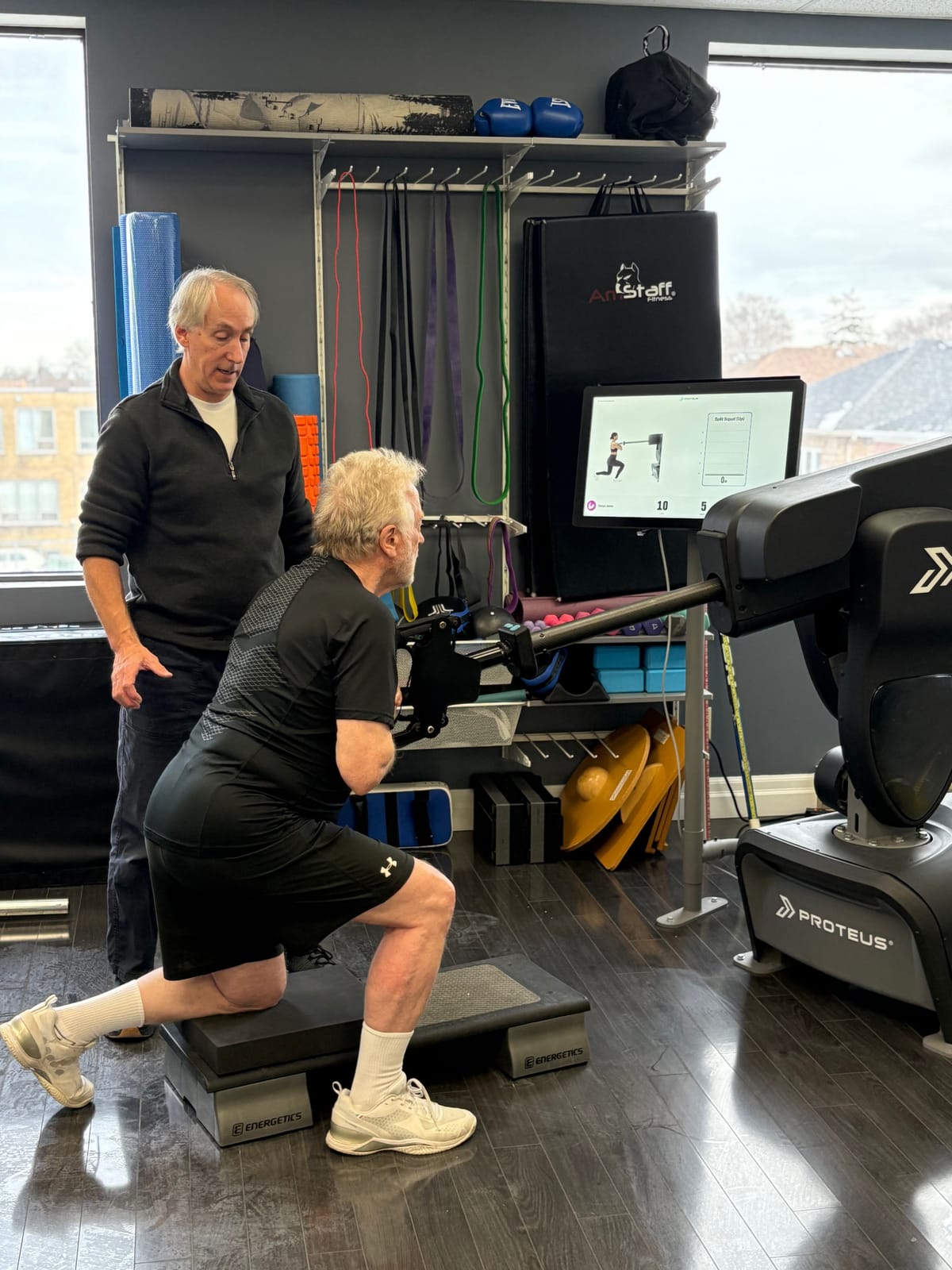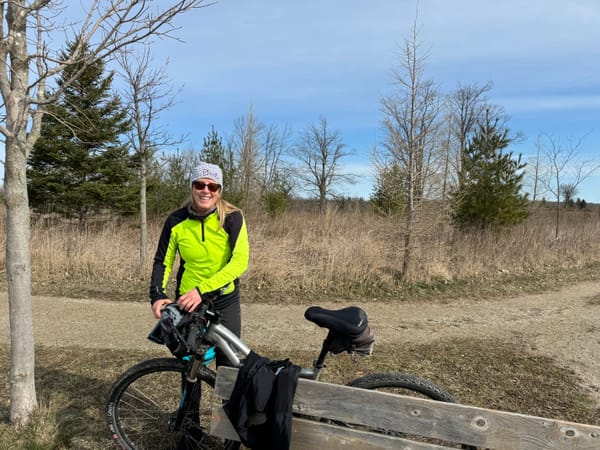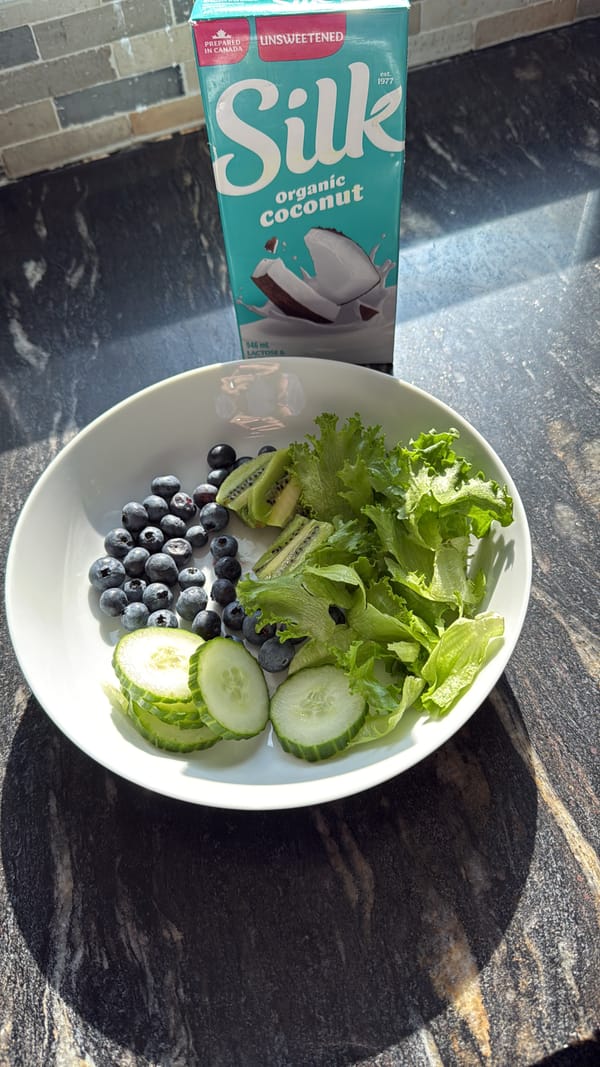Aging Stronger, Aging Well: How to Stay Independent Longer

Aging is a natural part of life, but growing older doesn't have to mean losing independence. Staying active and engaged as we age is crucial for maintaining quality of life and the ability to live comfortably in our own homes.
Explore science-backed strategies and lifestyle changes that empower seniors to age stronger, age well, and maintain their independence for longer.
The Importance of Functional Fitness
As we age, the focus shifts from simply being "fit" to maintaining "functional fitness." This refers to the ability to perform everyday activities with ease and without assistance, such as climbing stairs, carrying groceries, or getting in and out of a chair. Maintaining functional fitness is paramount for staying independent and avoiding the need for assisted living.
Combating Age-Related Muscle Loss (Sarcopenia)
One of the primary challenges of aging is sarcopenia, the age-related loss of muscle mass and strength. This loss can significantly impact mobility, balance, and overall functional capacity. However, sarcopenia is not inevitable. Research has shown that regular exercise, particularly resistance training, can effectively combat muscle loss and even rebuild muscle mass at any age.
Key Strategies for Aging Stronger:
- Resistance Training: Lifting weights, using resistance bands, or performing bodyweight exercises like squats and push-ups are crucial for building and maintaining muscle mass. Aim for at least two to three strength training sessions per week, targeting all major muscle groups. Studies have repeatedly shown the effectiveness of resistance training in older adults, improving strength, power, and functional performance.
- Balance Exercises: Falls are a major concern for older adults, often leading to serious injuries and loss of independence. Incorporating balance exercises, such as standing on one leg (with support if needed), tai chi, or yoga, can significantly improve stability and reduce fall risk. Research demonstrates that even simple balance exercises can make a substantial difference.
- Cardiovascular Exercise: While resistance training is essential for muscle health, cardiovascular exercise, like walking, swimming, or cycling, is vital for overall health, improving heart health, endurance, and cognitive function. A combination of both is ideal.
- Nutrition: A balanced diet rich in protein is crucial for maintaining muscle mass. Older adults may require slightly more protein than younger individuals to counteract sarcopenia. Consult with a healthcare professional or registered dietitian to determine your specific needs. Adequate calcium and vitamin D intake are also important for bone health.
- Cognitive Engagement: Keeping your mind active is just as important as keeping your body active. Engaging in mentally stimulating activities, such as puzzles, reading, learning new skills, or social interaction, can help maintain cognitive function and reduce the risk of dementia.
- Regular Health Checkups: Regular visits to a healthcare provider are essential for early detection and management of any health issues that could impact your independence. Consider visiting a specialized lab like ISHP (Institute of Science, Health and Performance), where you can gain personalized insights into all aspects of your health that affect aging and fall risk. Discuss any concerns you have about your mobility, balance, or cognitive function with your healthcare team to ensure a comprehensive understanding of your health needs.
- Fall Prevention Strategies: In addition to balance exercises, there are other steps you can take to reduce your risk of falls, such as:
- Making your home safe by removing tripping hazards, ensuring adequate lighting, and installing grab bars in the bathroom.
- Wearing supportive shoes.
- Getting regular eye exams.
Staying in Your Home Longer:
The desire to age in place, or remain in one's home as long as possible, is a common goal for many seniors. By prioritizing functional fitness, addressing age-related muscle loss, and taking proactive steps to prevent falls, seniors can significantly increase their chances of achieving this goal.
Aging well is not about passively accepting the changes that come with time. It's about taking a proactive approach to your health and well-being, making conscious choices that support your independence and quality of life. By incorporating these strategies into your lifestyle, you can empower yourself to age stronger, age well, and enjoy a longer, more fulfilling life in the comfort of your own home.




